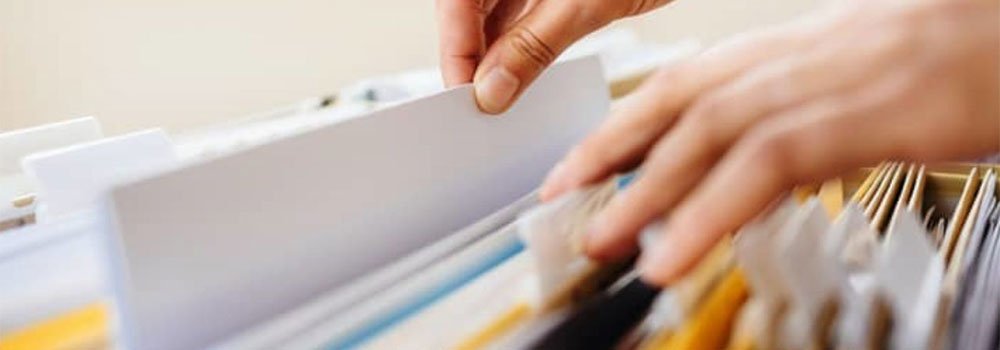Small company owners often find the chore of keeping tax documents overwhelming. If you want to pay the proper amount of taxes, avoid fines, and make intelligent choices about your money, you need to keep accurate and well-organized records.
This article will advise how to maintain your company’s tax documents best. Continue reading before you look for the best tax service Orlando.
Understand What Tax Records You Need to Keep

Knowing what documents are required for tax purposes is the first step in getting your company’s tax records in order. The Internal Revenue Service generally mandates that firms preserve records of their financial transactions. You should save all documentation attesting to the legitimacy of your financial dealings for as long as you operate your firm.
All sales and other money coming into the company should be recorded. Sales done in person, over the phone, or online may all fall under this category, as can payments made using a credit card or another electronic means. All business-related costs, such as rent, utilities, office supplies, and staff wages, should be tracked and recorded. Deductions for home office, vehicle, and business travel should be documented for tax purposes.
The IRS has the right to audit your company up to three years after you submit your tax return, so you must maintain all relevant documents for that long. The Internal Revenue Service has the right to audit your company for as long as six years after the fact if they suspect fraud or you fail to disclose more than 25% of your revenue.
Set Up a System for Storing Your Records
The next stage, after deciding which documents should be preserved, is to create a means of doing so. Your company’s tax documents might be kept in several digital and physical places.
Use a filing cabinet or a file box to store paper documents. File your documents by year and provide the file’s purpose on the label. You may organize your paperwork by year, such as “2019 Receipts” and “2020 Bank Statements.” Put these documents somewhere safe, such as a locked cabinet or safe.
One option for storing electronic files is on the cloud through a service like Dropbox or Google Drive. Digital versions of your records may be uploaded and stored in these systems and accessible from any location with an internet connection. Ensure your digital documents, such as by year or category, are structured sensibly for your company.
Keep Your Records Up to Date
Keeping your tax records up to date throughout the year can help you stay organized and stress-free come tax time. It should be routine practice to keep track of company costs as quickly as possible once they are incurred. To achieve this, you may use accounting software or input the data into a spreadsheet by hand.
Make sure all of your monthly purchases are accounted for by checking your bank and credit card statements. If you do this, you may prevent returning and fixing any mistakes or inconsistencies later.
Separate Business and Personal Expenses
If you want to remain organized and prevent tax problems, you must separate your company and personal costs. Keep all professional and personal receipts and bills in one place and use different bank and credit cards for each.
Personal expenditures with a business component should be properly documented and kept distinct from other outlays of cash. For instance, if you use your vehicle for work, you should keep track of business-related miles in a separate log from your mileage.
If you keep track of your business and personal spending separately, you’ll be in better shape come tax time and have a clearer view of your company’s financial health to repair credit with the best tax service Orlando. Keeping track of your tax-deductible costs will be simplified as well.
Conclusion
Keeping your company’s tax records in order might seem like a mountain to climb, but doing so is essential to maintaining a profitable small business. Remember that maintaining orderly financial records is not just the law but also good business sense.
You may save time and money on tax preparation by knowing what documents to preserve, creating a system for storing them, updating them regularly, keeping business and personal spending separate, and backing them up.





